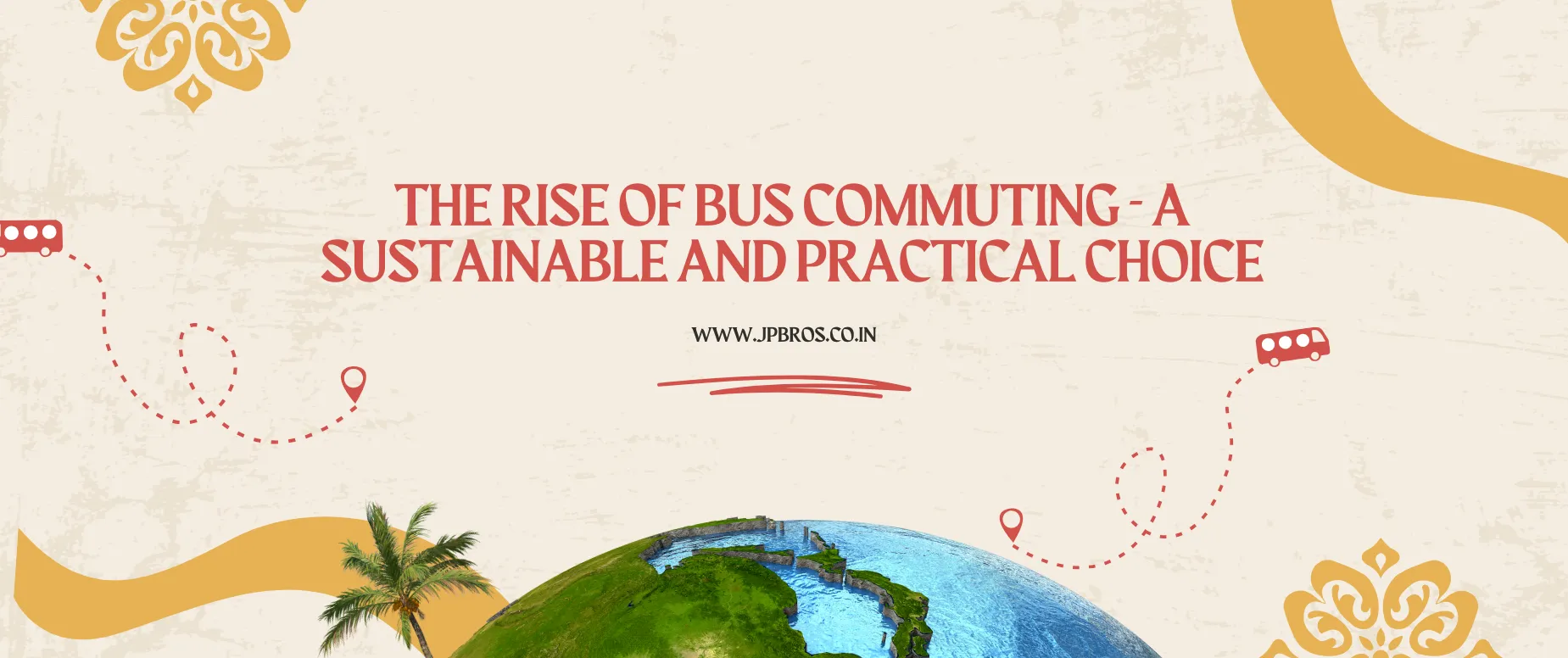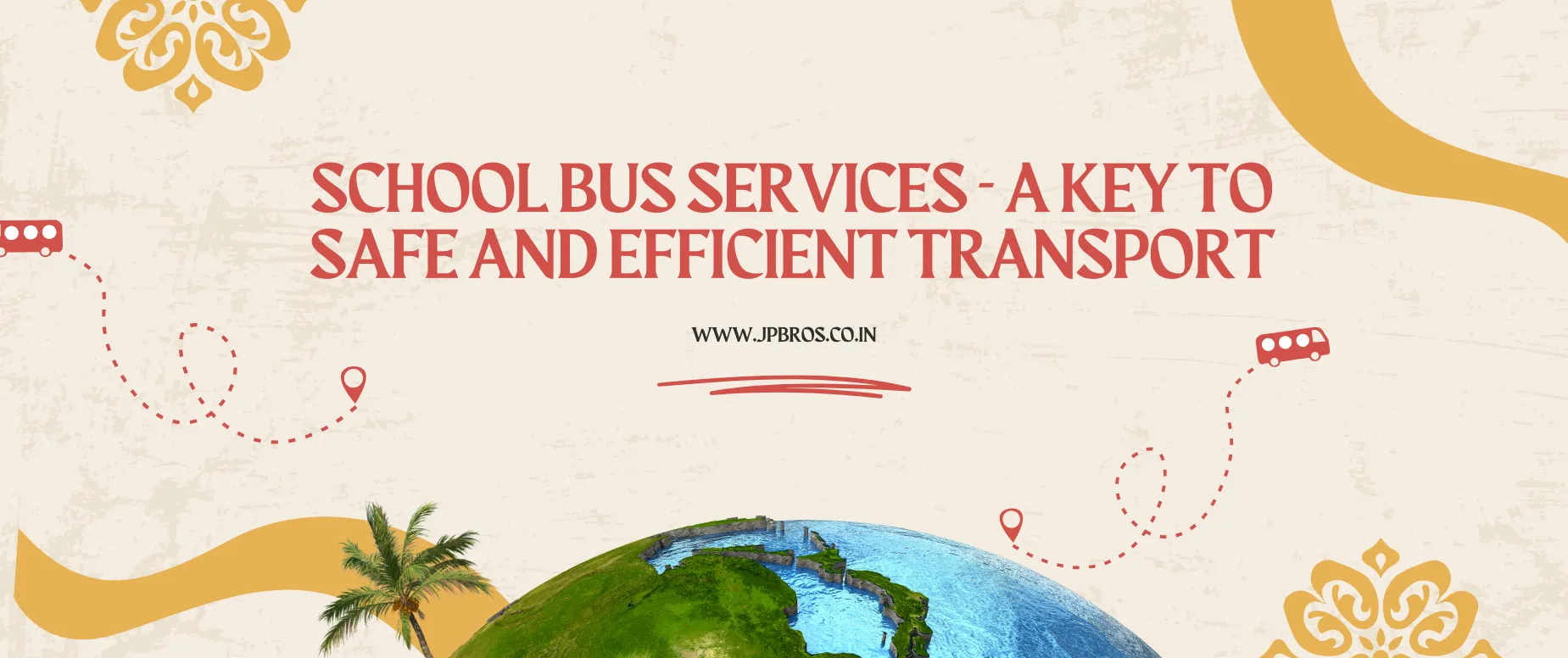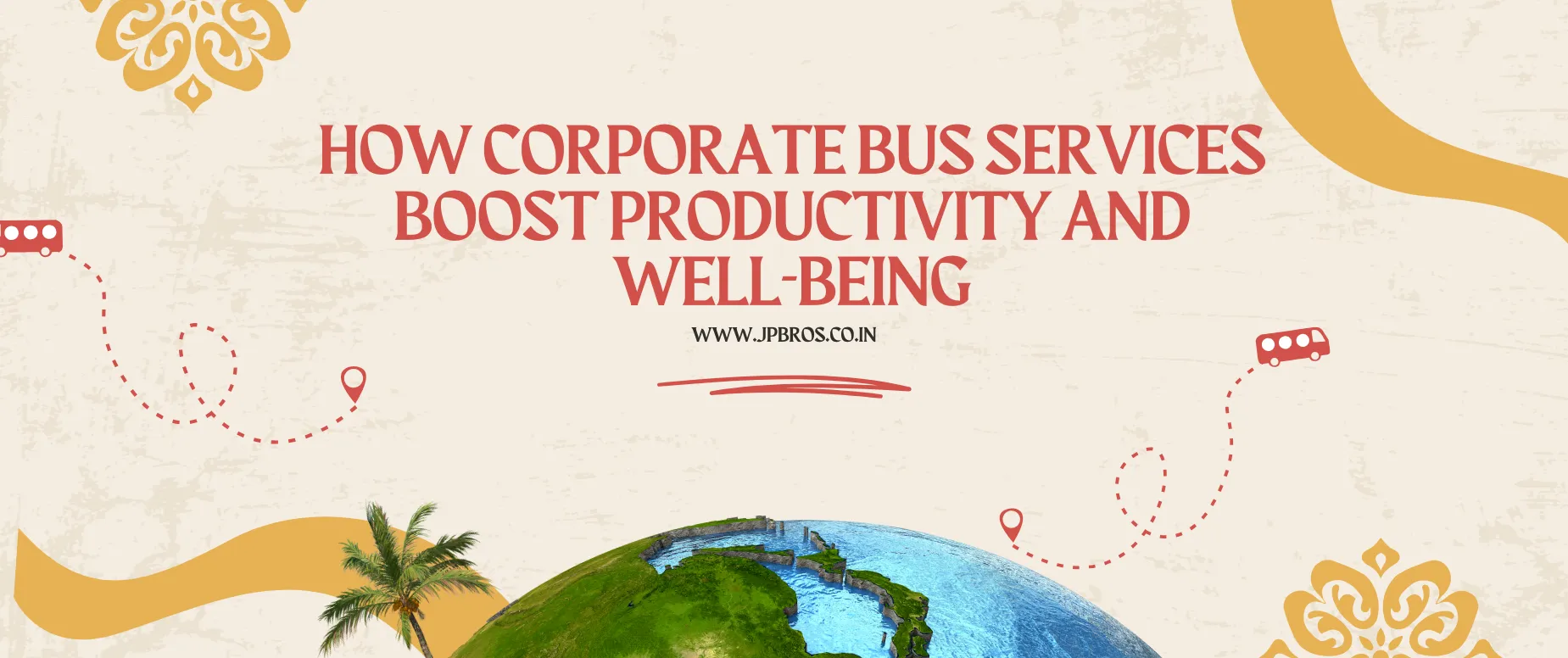
The Rise of Bus Commuting: A Sustainable and Practical Choice
As urban areas continue to expand and traffic congestion problems become more serious, bus traffic has become an efficient and sustainable mode of transportation. Once considered a last resort, bus travel is now seen by many as a convenient, reliable and cost-effective option for everyday travel. The growing appeal of bus commuting can be attributed to several key factors, including affordability, convenience, environmental benefits, and the role it plays in easing traffic congestion.
Affordability and Cost Savings
One of the most compelling reasons for the rise of bus commuting is its affordability. Travelling by bus is much cheaper than driving a private car. Rising fuel prices and the cost of maintaining vehicles have led many people to look for more economical alternatives. The relatively low cost of bus passes and subscription services can result in significant savings on transportation costs. This makes it an attractive option for many people, including students, professionals and retirees, all of whom benefit from the reduced financial burden.
Reducing Traffic Congestion
As more people take the bus, there are fewer private cars on the road, resulting in less traffic. This not only benefits bus commuters but also the broader community, as fewer cars result in less congestion, quicker travel times, and reduced stress for all road users. In cities where traffic jams have become a daily frustration, buses offer a collective solution that makes travelling more efficient for everyone, contributing to smoother traffic flow and improved urban mobility.
Environmental Benefits
Buses emit far fewer pollutants per passenger than personal vehicles, making them a more sustainable transport option.. As concerns about climate change and carbon footprints grow, more and more people are choosing to take the bus as a simple and effective way to reduce their impact on the environment. By choosing to travel by bus, commuters help reduce the need for fossil fuels, lower CO2 emissions and contribute to cleaner, healthier air in urban areas. Bus services therefore play a crucial role in promoting sustainable development and driving the transition to a greener future.
Convenience and Accessibility
Modern bus services have been significantly improved, further enhancing their appeal. Innovations like real-time tracking apps, dedicated bus lanes, and more frequent services have made buses a convenient and reliable transportation option. Riders can now plan their trips more easily, reducing wait times and eliminating uncertainty. Furthermore, bus services are widely available with routes covering both urban and suburban areas, providing a flexible transport network that meets the needs of different communities. This level of convenience makes bus travel an increasingly attractive option for a wide range of people.
Building Community Connections
Unlike travelling alone, bus riders share their journey with fellow passengers, which can lead to conversations, social interaction, and a stronger sense of solidarity. By offering a shared space for people to interact, buses help develop a sense of belonging and create new friendships and contacts. Hence it gives you an opportunity to connect with a diverse set of people and fosters a sense of community amongst travellers.
Conclusion
The rise of bus commuting is driven by its affordability, environmental benefits, convenience, and the positive impact it has on reducing traffic congestion. As more individuals recognise the numerous advantages of taking the bus, it is fast becoming a preferred mode of transport. When you choose JP Bros, you not only make a sound financial decision but also contribute to a more sustainable, efficient, and connected urban environment.


